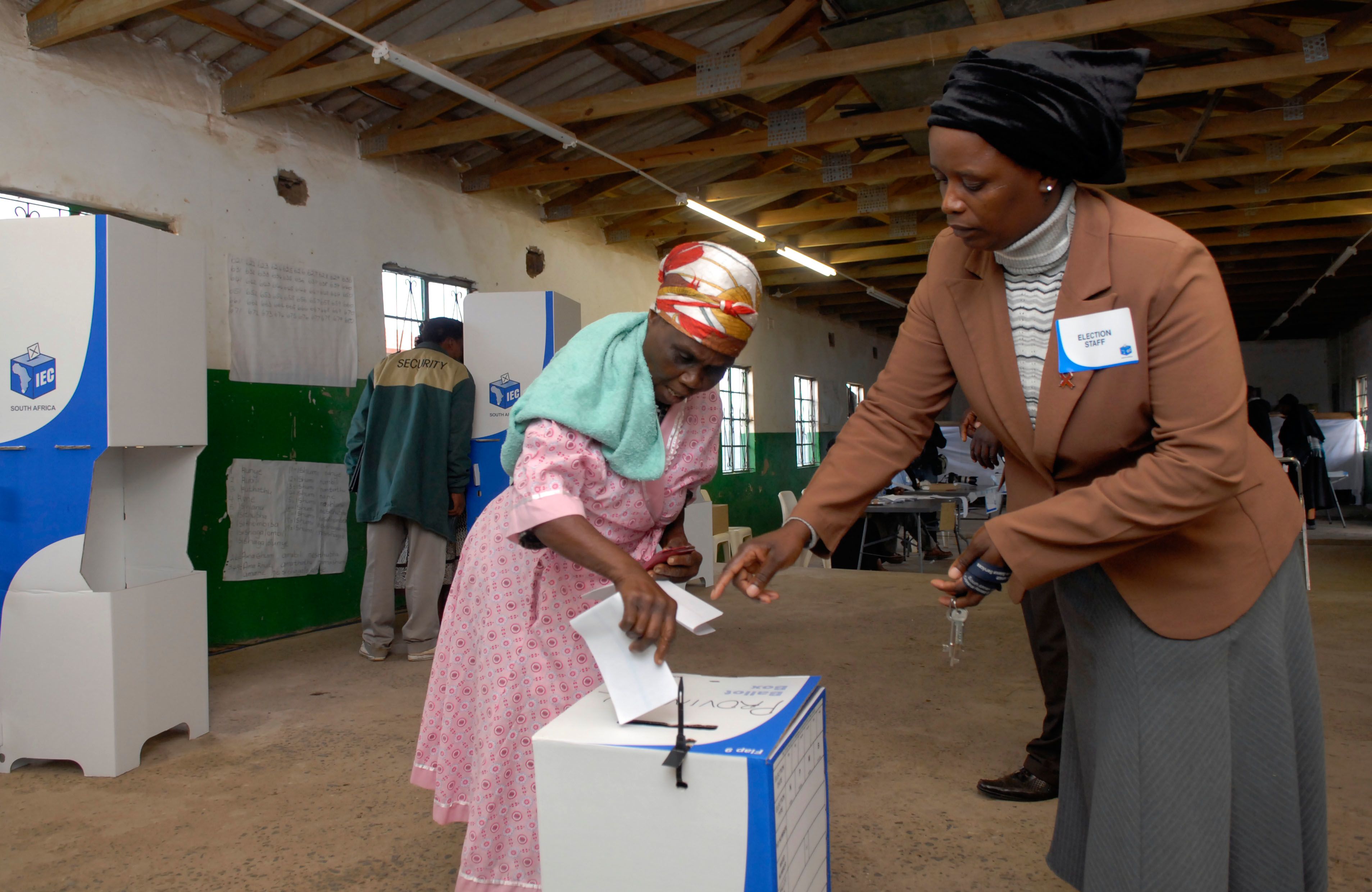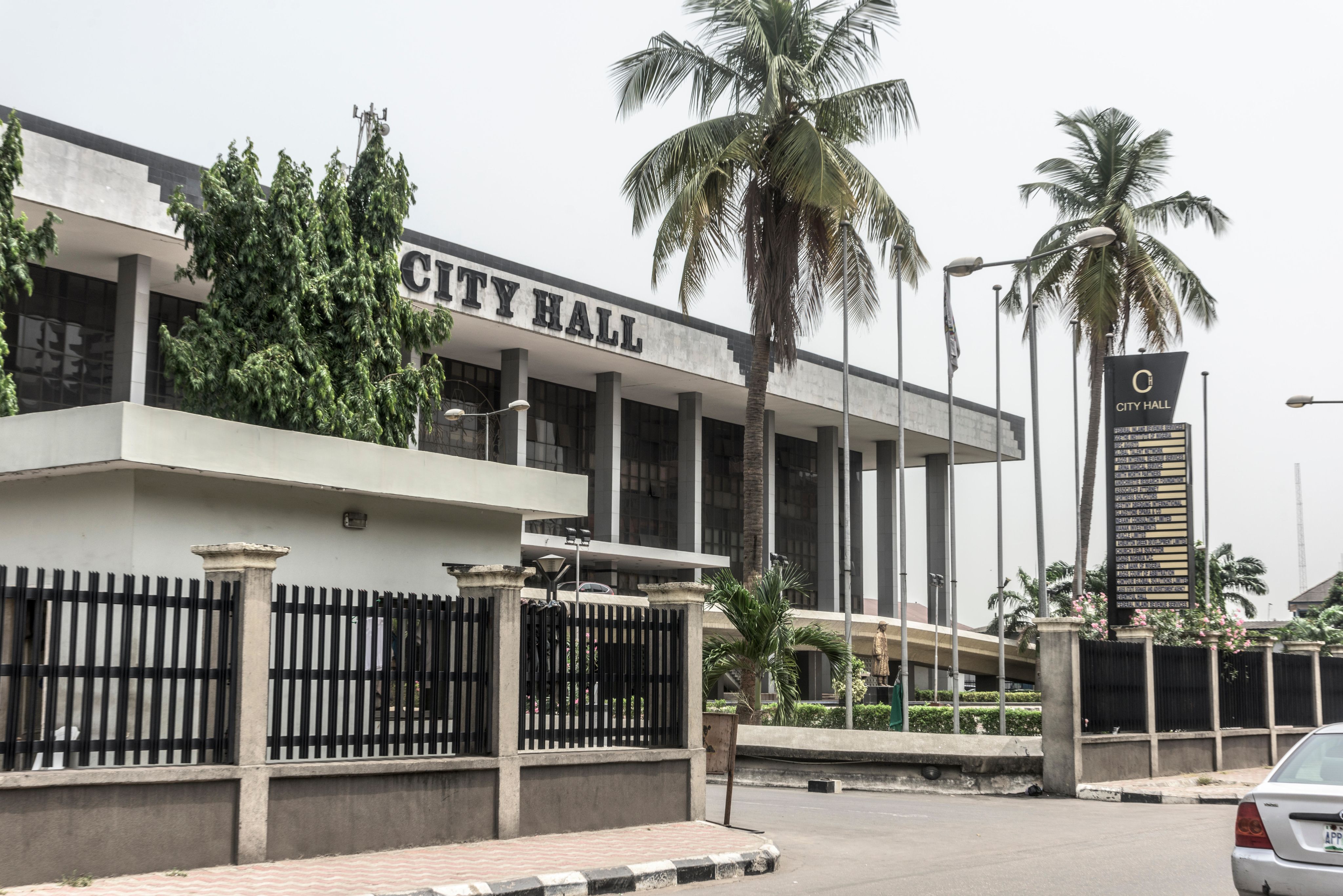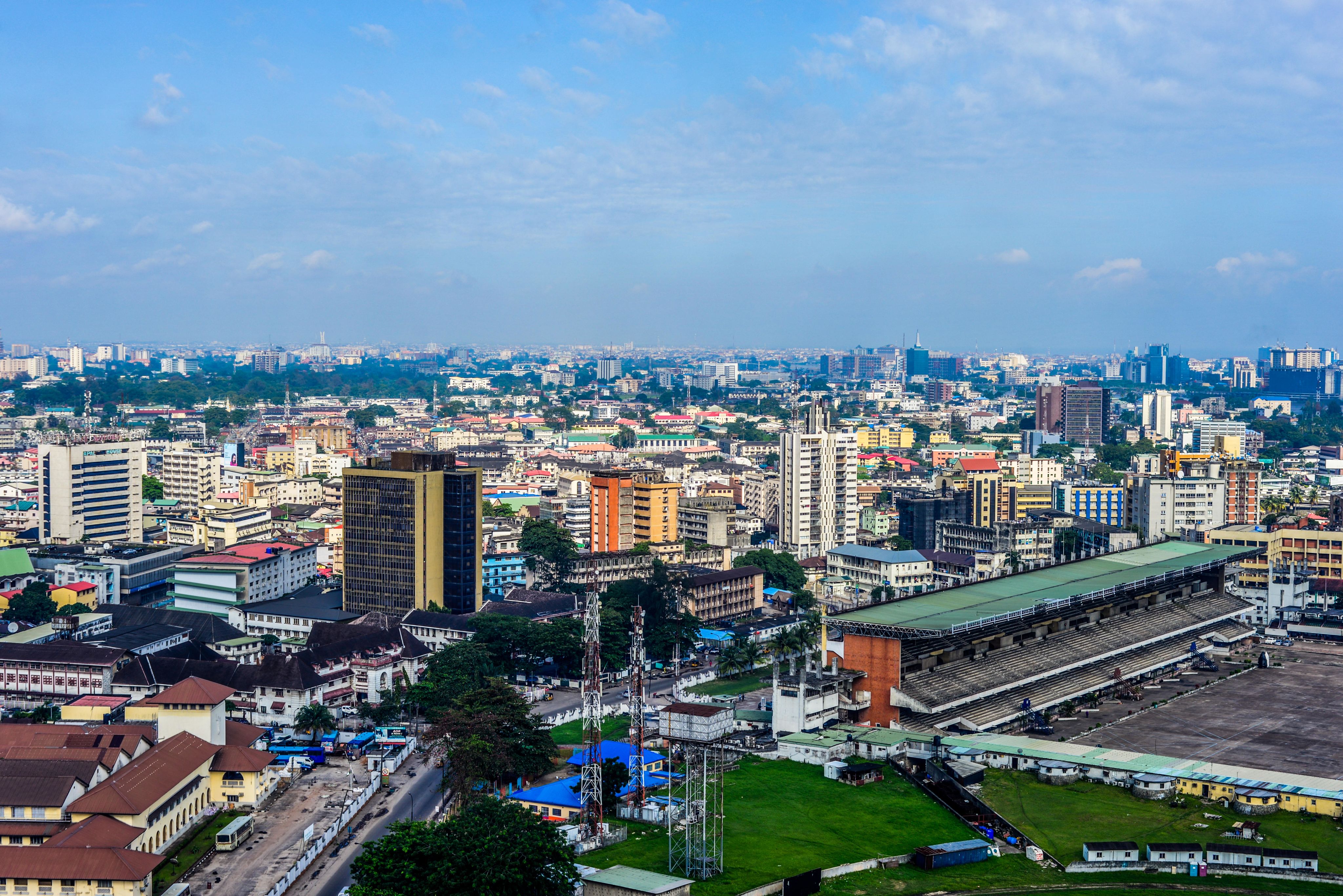Global South research that is impacting policy

By Leah Kinthaert, September 2023
Studies show that researchers from the Global South are underrepresented, and examples of this can be found in research areas from development to climate and science journals. In the article, “Diversity in academic publishing: How can publishers help repair the 'leaky pipeline'?,” Dr. Janet Remmington explains why this is a problem: ”We need more inclusion of diverse researchers to optimize discoveries, insights, and solutions. Research cultures of sameness cannot penetrate the intractable problems of our age.”
In addition, it's crucial that research from underrepresented regions reaches policymakers and politicians in those areas of the world because, as funders at the International Development Research Centre explain, ”those most closely linked to a particular problem seem to be well placed to develop a solution.”
We did a deep dive into data from Altmetric, which monitors the reach of research through online interactions. We were pleased to see that, even in light of research policy engagement being a challenge for both researchers and policymakers, in the past three years, we found many examples of research from the Global South being utilized in policy documents.
What follows are five Taylor & Francis Open Access research articles, published by researchers from the Global South, that have directly influenced recent policy documents from some of the largest and most influential organizations in the world. These include the World Health Organization (WHO), the Brookings Institution, and the Food and Agriculture Organization of the United Nations (FAO).

Influencing healthcare policy
In the World Health Organization policy document, “Analysis of the nature and contribution of innovative health financing mechanisms in the WHO African Region,” the writers explain: “All healthcare policies, interventions and practices need funding for development and implementation. Health financing is one of the critical building blocks of every health system.”
The WHO publication educates readers on how health care is being financed currently: “Tax on sugar and sugar-sweetened beverages seems to be the biggest mechanism discussed on the African continent ... This is to reduce sugar consumption, a well-established factor linked to obesity and its associated noncommunicable diseases and diabetes in (for example) Mauritius. In South Africa ... this was done under the Health Promotion Levy (HPL) to reduce the high intake of sugar-sweetened drinks, with their associated health risks. This led to an 11% increase in the cost.”
The writers’ analysis discovered that, while beneficial, taxes alone would not solve what they call “high-risk behaviour patterns.” “Sin taxes seem to be successful when implemented as part of a cluster of mechanisms to improve the health of the population. In addition to appropriate excise taxation policies, there is a need for complementary non-tax measures that can be effectively targeted at specific consumers and high-risk behaviour patterns. Educational programmes and regulatory interventions to discourage risky and hazardous consumption of unhealthy goods are necessary to complement the excise tax regime.”
The creators of this policy document utilized the Taylor & Francis open access article, “Nutrition related non-communicable diseases and sugar sweetened beverage policies: a landscape analysis in Zambia,” which was produced by scholars in the Global South.
The Taylor & Francis open access research, led by Dr. Mulenga Mukanu, explained why getting such policies in place to disincentivize consumption of unhealthy products is difficult. “Sub-Saharan African countries ... are targets for global corporate expansion by the sugar-sweetened beverages industry.” In their research, Mukanu and her team set out to "identify opportunities to strengthen policies relating to sugar-sweetened beverage taxation in Zambia.”
Giving some background, the paper explains that reducing consumption of such beverages is a life or death matter: “In Zambia, nutrition-related non-communicable diseases (NR-NCDs) occur, in addition to, the challenges of undernutrition and micronutrient deficiency. NR-NCDs were estimated to account for 29% of all deaths in Zambia in 2018.” Evidence suggests the problem is getting worse, and one “local modeling study showed that a 25% tax on SSBs (sugar-sweetened beverages) could reduce SSB consumption and generate additional revenue for the Zambian government. The study showed that reducing SSB consumption could significantly contribute to the reduction of premature deaths especially among young women.”
Finding that “the health sector’s commitment to regulate sugar-sweetened beverages conflicted with the manufacturing sector’s priorities for economic growth,” the researchers advise that: “opportunities exist to strengthen the existing taxation of sugar-sweetened beverages in Zambia. These include a more inclusive consultation process for policy formulation and comprehensive monitoring of risk factors.”
Read the WHO study here, and the Taylor & Francis research here.

Mental health is health, too
10 years from now, it is estimated that “16% of the eight billion people on earth will be over 70.” This is putting an enormous strain on most countries, which are already tapped out with healthcare costs, due to epidemics such as COVID-19, a global “13% rise in mental health conditions and substance abuse disorders,” climate change, poverty, and other crises.
According to the study, “Primary healthcare policy implementation in the Eastern Mediterranean region: Experiences of six countries,” putting a focus on primary health care, which consists of “health services that cover a range of prevention, wellness, and treatment for common illnesses,” is key, and “essential for equitable access and cost-effective healthcare.”
The study, published in the “European Journal of General Practice,” “describes and analyzes the health systems of Bahrain, Egypt, Lebanon, Qatar, Sudan and the United Arab Emirates, in relation to PHC (primary healthcare).” Those six countries are all located in the Global South, and nine of the researchers who documented this research were also based in the Global South, specifically Jordan, Sudan, Egypt, Lebanon, Dubai and Qatar.
The study found that “all six countries have improved the health of their populations, but currently face challenges of non-communicable diseases, aging populations and increasing costs. Main concerns were a lack of trained FPs (family practitioners) in community settings, underuse of prevention and of equitable access to care.“
The researchers concluded: “Despite their differences in their socio-economic situation and track record of their health systems, the six countries face the same challenges in securing robust PHC (primary healthcare) and UHC (universal health coverage).” They also found that “primary healthcare (PHC) as a policy priority in eastern Mediterranean countries is hampered by policymakers’ lack of understanding the complex nature of PHC.”
This research paper was cited by two WHO policy documents: “Country case studies on primary health care: Egypt: health sector reform,” and "What did we learn from a pilot trial to inform the scale-up of a training based on the Mental Health Gap Action Programme in Tunisia?”
The second policy document, which focused on Tunisia, used the data from the research on PCPs (primary care physicians) to show that, while PCPs were in fact incorporating mental health care into their settings, they needed more training. WHO used this information “to inform the scale-up of a mental health training programme," stating that the insights from this research "may be useful to other countries of the EMR (Eastern Mediterranean Region) interested in implementing and/or scaling-up task-sharing initiatives to support commitment to integrating mental health into primary care settings."
"The training scale-up is being offered under the programme Essaha Aziza (or 'health is precious' in Arabic), which is funded by the European Union to promote proximity health services by ensuring availability of infrastructure and training for personnel.”
Read the WHO study here, and the Taylor & Francis research paper here.

Cycling for all
“Integrating health in urban and territorial planning: a sourcebook,” created by UN-Habitat and the World Health Organization, is intended for “urban leaders, health and planning professionals,” in order to “provide the health dimension in the practice and implementation of urban and territorial planning. It is designed as a tool to assist national governments, local authorities, planning professionals, civil society organizations and health professionals, by helping to improve planning frameworks and practice through the incorporation of health considerations, at all levels of governance and across the spatial-planning continuum.”
The authors cite the Taylor & Francis open access article, “Equity in cycle lane networks: examination of the distribution of the cycle lane network by socioeconomic index in Bogotá, Colombia,” in this paper, including the piece as a highlight of “Social and environmental justice.” This article, published in the journal “Cities and Health,” features two researchers from Colombia, Luis F. Gomez, and Jose D. Pinzon.
The authors explain why they decided to research this topic: “There is growing recognition about the relevance for promoting physical activity in urban settings, not only for its health benefits, but also for its contribution to sustainable urban development and environments. In this sense, active transportation such as walking and cycling for commuting purposes has ideal implications for human health, personal economy, and environmental reasons, including reduction of carbon emissions, one of the main causes of global warming.”
The study’s findings, highlighted in the UN-Habitat/WHO policy document, explain: ”Inequities in health, avoidable health inequalities, arise because of the circumstances in which people grow, live, work and age, and also result from the systems put in place to deal with illness. The physical conditions in which people live, although shaped by political, social and economic forces, are mediated by the quality, or lack of, UTP (Urban Transport Planning). Social and environmental justice is not only about protection and clean-up, but also about creating quality living environments and environmentally healthy communities … Unless care is taken, the distribution of citywide improvements can exacerbate health inequalities. For example, a study has shown that regarding the cycle lane network in Bogotá, the wealthiest urban neighbourhoods had the best access.”
Read the WHO study here, and the Taylor & Francis research here.

Climate change as opportunity in East Africa
At Taylor & Francis, we're proud to have an innovative media collaboration championing African experts and amplifying exemplary African research with The Conversation Africa. This partnership has helped us to increase increase the volume of research we publish by African authors and highlight it in the public sphere. One such paper was cited in The Conversation article, “Saving East Africa’s wildlife from recurring drought.” The paper, “Impact of climate change on biodiversity and associated key ecosystem services in Africa: a systematic review,” from Dr. Sintayehu Workeneh Dejene got almost 80,000 views, and was the third most read research paper benefiting from this partnership in 2022.
Dr. Dejene’s research was also utilized in a policy document from The Brookings Institute. Entitled “Keys to climate action: How developing countries could drive global success and local prosperity,” this policy document focuses on recommendations that developing countries may be able to “leapfrog straight to clean energy” and avoid “decades of inefficient spend on polluting energy resources.” Dr. Dejene’s research is specifically cited in chapter 8, “Challenges and opportunities of climate change: The case of East Africa.”
In that chapter, the authors Njuguna Ndung’u and Théophile Azomahou use evidence and analysis of data from East Africa to “show that climate change negatively impacts economic growth through its effect on sectoral output and labor supply. Moreover, higher temperatures deter renewable energy consumption.”
They provide policymakers with “evidence of the opportunities and trade-offs associated with the green transition in the region,” investigating “the implications of the transition to a decarbonized economy for East Africa that hold a promise to promote prosperity and poverty reduction while addressing the adverse effects of climate change on economic activity.”
Dr. Dejene’s open access paper, entitled “Impact of climate change on biodiversity and associated key ecosystem services in Africa: a systematic review”, points out: “Despite growing awareness that biodiversity is one of the most vulnerable to climate change, Africa is one of the least studied region in terms of biodiversity dynamics and climate variability.”
His paper argues that protecting biodiversity in Africa is in the interests of society, not just plants and animals, with this explanation: “The Millennium Assessment’s evaluation of biodiversity through the services it offers is the approach that economists have traditionally taken to the problem. In this approach, biodiversity change is evaluated in terms of its implications for (a) as supporting (e.g., nutrient cycling, primary production), (b) regulating (e.g., climate and disease regulation), (c) cultural (e.g., spiritual values, recreation), and (d) provisioning (e.g., food, fuel, fiber, and fresh water) services (Millennium Ecosystem Assessment (MA) Citation 2005). The approach recognizes that change in biodiversity is a source of both benefits and costs ... As biodiversity underlies all goods and services provided by ecosystems that are crucial for human survival and well-being, this paper presents the potential effects of climate change on biodiversity and associated ecosystem services and function on human society.”
Read the Brookings Institute study here, and the Taylor & Francis research here.





